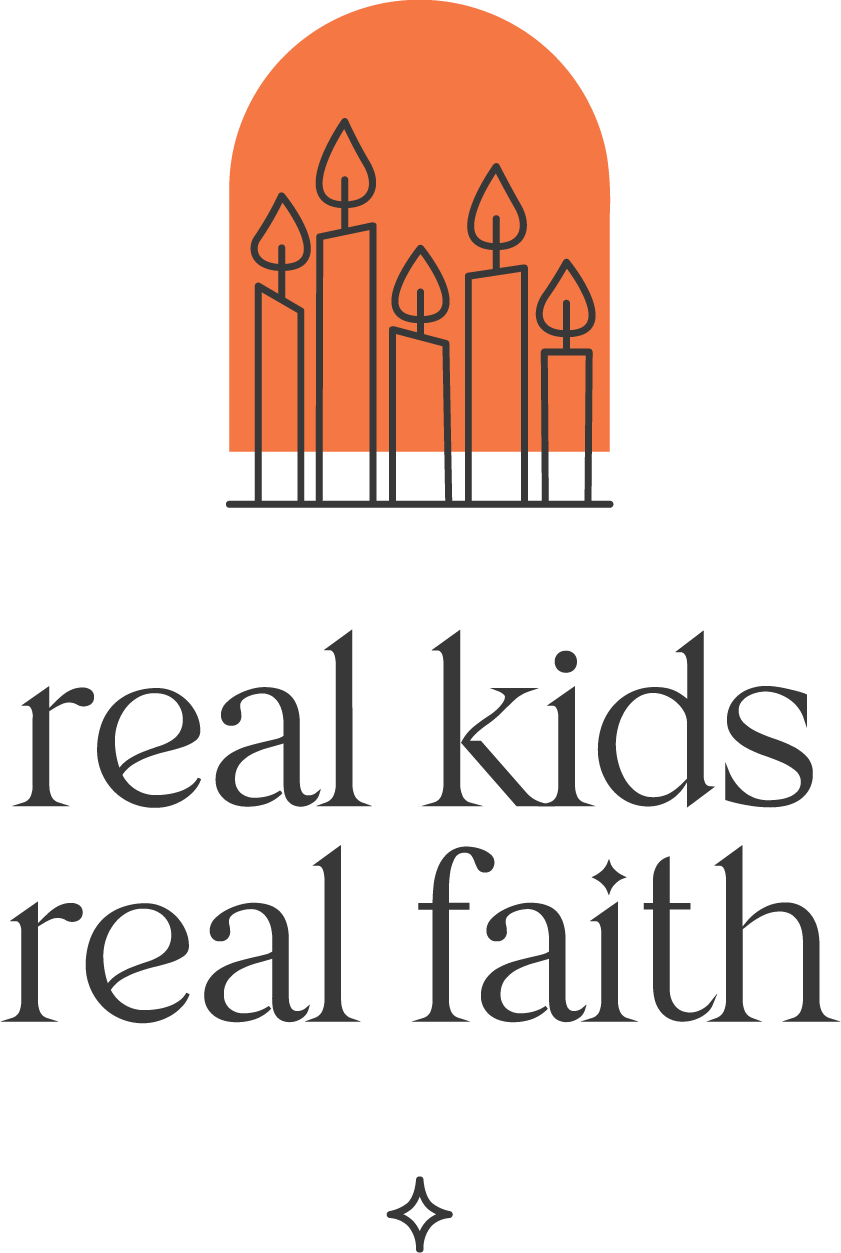“I forgot my mask” yelled my daughter as she ran home from the bus stop, then back out again, mask in hand. Going back to school this fall is both exciting and frustrating. Things are normal, but not as normal as my children want them to be as schools try to merge learning routines with COVID-19 precautions. They are wondering: What if I’m exposed and have to quarantine? What if my teacher gets sick? Will my school have to go back online?
Building strong interpersonal connections is one way to help children manage their anxiety during these uncertain times. Educator Lori Desautels notes that the human nervous system needs ‘reciprocity’ (a sense of caring for and being cared for by others) to function well. Creating a caring community that can flex to accommodate different scenarios supports spiritual well-being by encouraging children to be both carers and recipients of care.
Even when a global pandemic makes life unpredictable, children benefit from regular group rhythms. Each time you gather, greet children individually by the names they prefer. Develop a few rituals or short activities that you consistently use when you gather. Think about how these practices will translate across in-person and virtual spaces as children need to quarantine or pandemic circumstances require a return to hybrid schedules.
Emotional check-ins help children express care and concern for one another. Hearing how others are feeling invites children to see that emotions vary and fluctuate. It also provides space for them to offer support to those in the group who feel anxious, isolated, or upset. Desautels suggests creating a drum circle, where each child drums how they are feeling. You could also create a poster or virtual wall where children place sticky notes or emojis next to how they are feeling. Or wonder aloud with children by asking:
- I wonder how you can care for someone else today?
- I wonder how you might need to be cared for today?
Inviting children to reflect on the group’s COVID-19 precautions will also promote connection. Share with children the requirements (e.g. masking, social distancing, outdoor gatherings only) set by your organization and ask how they feel about following these rules. Acknowledge their feelings and work together to identify ways to reduce the negative effects of these precautions. Ask: How can we help everyone feel a part of this group, even if they don’t like masking or are at home quarantining due to a COVID exposure? Agree on a set of community rules that upholds the organization’s precautions and address children’s expressed concerns.
Finally, mindfulness practices can help children regulate their stress and promote group calm. Build time into your gatherings for a minute or two of silence. Invite children to join you in a couple of deep breaths between activities. Or, if you’d like to try some more targeted meditations, check out these relationship-building focused attention practices.

Comments